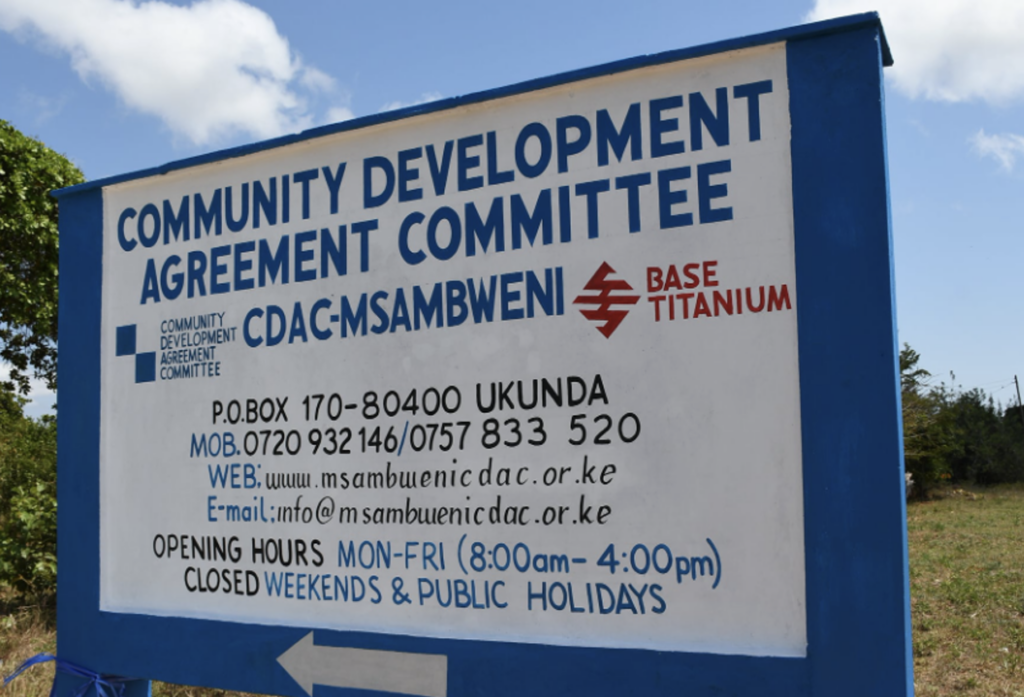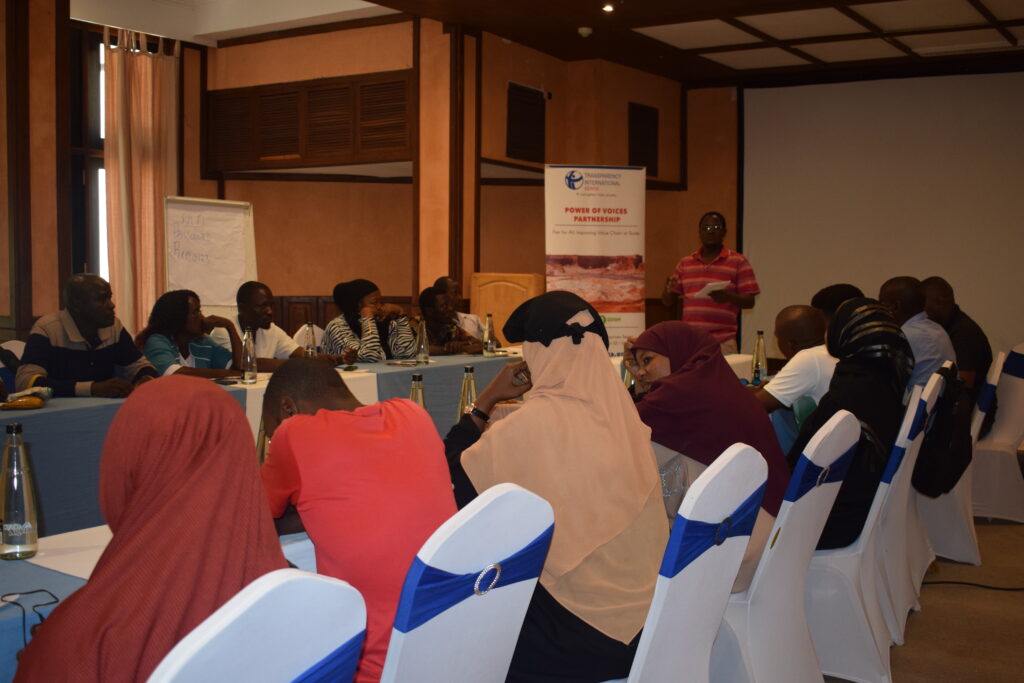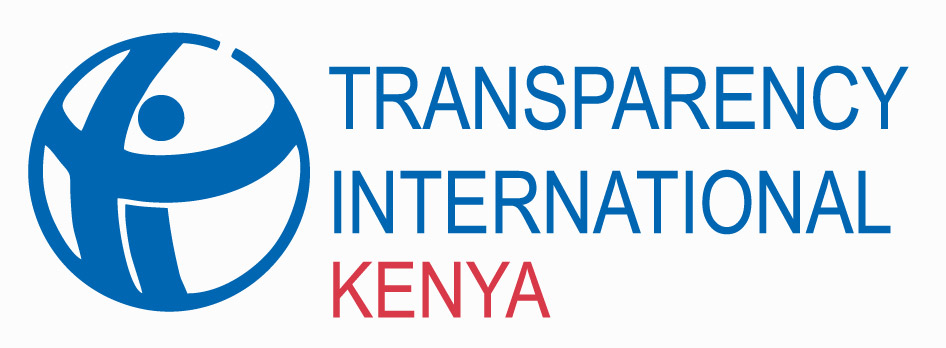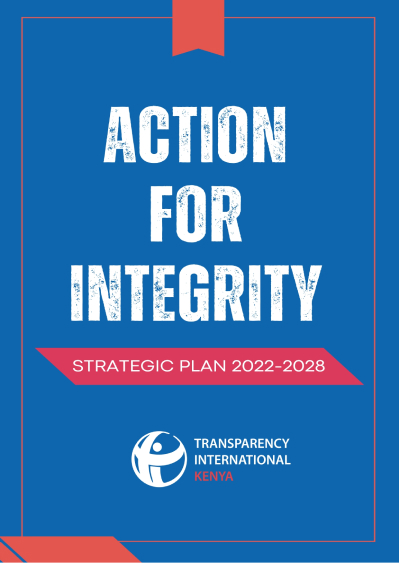
Photo: Faki Omar – Msambweni community committee
In Kenya, despite the mining sector’s contribution of 0.9% to the Gross Domestic Product, communities residing in areas where mining activities occur often do not reap the benefits of their natural resources due to the unequal distribution of mining profits. Kwale County serves as a prime example, where Base Titanium Limited, a local subsidiary of the Base Resources group in Australia, commenced mining operations in 2013. Presently, Base Titanium contributes approximately 65% of Kenya’s mining industry by mineral output value. However, there was no clear benefits-sharing framework with the local community, until the establishment of Base Titanium-affiliated Community Development Agreement Committees (CDACs) in 2018 and their subsequent gazetting in February 2020, pursuant to Section 109 (i) of the Mining Act of 2016, that a definitive mechanism was put in place. Transparency International Kenya (TI-Kenya) has played a pivotal role in supporting these community committees, ensuring transparency and accountable distribution of the 1% of Base Titanium’s gross sales managed by the committees on behalf of those impacted by mining activities in Kwale.

Photo: Haki Madini Kenya
TI-Kenya’s support to the community committees
The Mining Act of 2016 provides for the establishment of Community Development Agreements (CDAs). With the CDAs, mining companies are obliged to support community development initiatives, such as schools, roads, and other opportunities to ensure local communities benefit from mining.
In Kwale, these community committees include Msambweni, Lungalunga and Likoni. The CDACs bring on board representation from various State, community and non-state actors including the national and county government administration, political leadership, women, youth, persons with disabilities and civil society as well as the mining license holders, to ensure that the socio-economic development is inclusive and sustainable. In early 2021, after the restrictions of the COVID-19 pandemic eased, the Committees began preliminary community consultation meetings for the development of draft agreements.
At the onset of TI-Kenya’s engagement with the community committees, the priority was on strengthening the capacity of committee members to better their collective ability to participate in CDA negotiations so as to mitigate corruption risks in the negotiations process and to ensure that the CDA would deliver greater benefits to the people of Kwale.
TI–Kenya then supported the establishment of the Kwale Mining Alliance (KMA), a network comprising local organizations focused on mining, and facilitated a series of forums that convened representatives from Base Titanium, as well as members from local, state, and national government bodies, civil society, and community groups. The forums provided a platform for open discussions on priority concerns and collaborative solutions to help promote a multi-stakeholder approach to addressing community-investor issues that will generate quality results for local communities, build trust among stakeholders and foster a long-term common vision for the benefit of communities affected by mining activities in Kwale.

Photo/TI-Kenya: Community Committee members during a monitoring forum by TI-Kenya
Recognising the importance of diverse perspectives, TI–Kenya emphasised the inclusion of women’s groups, acknowledging the frequent sidelining of women’s voices, and perspectives in mining sector discussions. TI-Kenya also partnered with the Law Society of Kenya (LSK), to enhance women’s empowerment and legal education on curbing corruption in the mining value chain. Together with LSK, TI-Kenya organised community forums in Kwale County, providing legal expertise and simplified information on licensing processes and environmental and social impacts assessments (ESIAs) to ensure women understood their rights. TI-Kenya produced handbooks and flyers in Swahili, the local language, to aid comprehension among residents of remote mining areas, fostering discussions on the disparate effects of mining projects on men and women.
community committees transforming lives
In Kwale County, the community committees have spearheaded transformative initiatives, driving progress and prosperity across the region. Through the Committees’ Economic Empowerment Fund, young entrepreneurs, women, and Persons Living with Disabilities (PLWD) have received vital capital in the form of grants and interest-free loans, fueling the growth of start-ups and small enterprises. The Msambweni community committee, for instance, has injected Ksh 5 Million into the empowerment fund.
Notably, investments in education have yielded remarkable results, with initiatives such as the construction of classrooms, perimeter walls, and renovations at various schools significantly improving academic performance. For instance, at Huma Primary School, the Likoni community committee renovated 14 classrooms and built a perimeter wall around the school. This led to an impressive increase in primary school national exam scores, showcasing the tangible impact of community-driven education initiatives. Furthermore, the scholarship programs, jointly facilitated by community committees and Base Titanium, exemplify the unwavering dedication to empowering the youth through education. The Msambweni community committee, for instance, has issued scholarships worth Ksh 15 Million to needy students at both basic and tertiary levels of education in Kwale.
Simultaneously, infrastructure development projects, like the upgrading of village access roads such as the murraming of 6 kilometres of Zigira-Mwandimu-Mwachache road by the Msambweni community committee, have enhanced accessibility and unlocked new business opportunities. Crucial developments like the construction of a cattle dip in Bwiti village and water projects are a testament to the committee’s commitment to enhancing livelihoods and ensuring access to essential services.
Despite the remarkable achievements of the community development committees in Kwale County, they face persistent challenges, especially from politicians attempting to claim credit for the committees’s projects to garner political mileage. Nevertheless, TI-Kenya remains resolute in its support, diligently monitoring project implementation to mitigate corruption risks and ensure that communities receive the full benefits of resources allocated through the Community Development Agreements from Base Titanium. By advocating for transparency and accountability, TI-Kenya reaffirms its dedication to safeguarding the interests of communities impacted by mining activities, striving tirelessly for equitable and sustainable development in Kwale County.
By Gerald Omumbo, Communications Officer, Transparency International Kenya.


